Many people dream to be in the lap of lofty Himalayas. This is indeed the memorable adventure that fulfills your soul.
To fulfill the dream you can go on treks in various terrains in Nepal. There are numerous trails for trekking in Nepal. You can choose any of them depending on your preference and collect the memories of a lifetime.
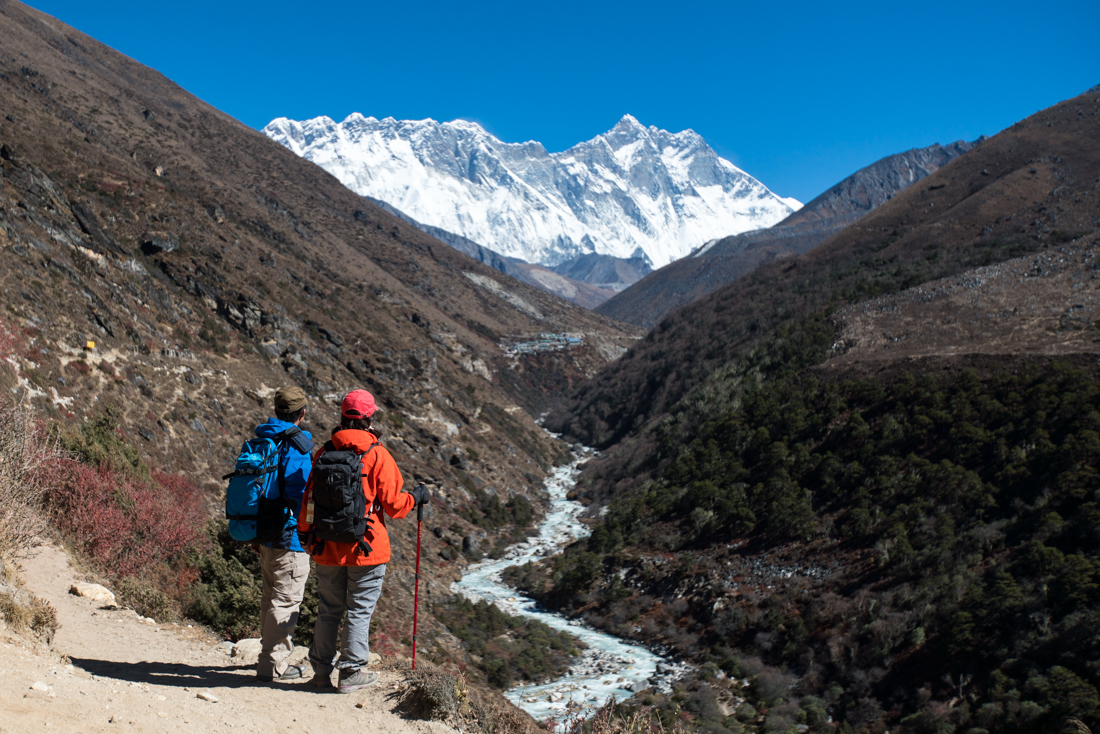
From the scenic views of the chain of Himalayas to the natural and cultural exploration, trekking in Nepal offers everything for any type of trekker. But, getting out of your comfort zone and dwelling in the remote countryside isn’t that easy. You need to look after many things before beginning.
Here are a few things you need to know before trekking in Nepal.
Short Introduction to Trekking in Nepal
Trekking in Nepal initiated in 1949 AD. And within eight years of start, ten peaks above 8000 meters were ascended. It included Annapurna (8091m), Everest (8848m), and Nanga Parbat (8125m).
Starting from climbing, trekking in Nepal eventually became popular. Trekking is physically less demanding and more economic. Also, the welcoming locals and their adorable services on trekking trails make trekking in Nepal a popular thing to do.
Where To Trek?
Another frequent dilemma in beginners is to choose a suitable trekking destination. Nepal has multiple trekking options. You can pick your destination on the basis of your stamina, trek preference, and convenience.
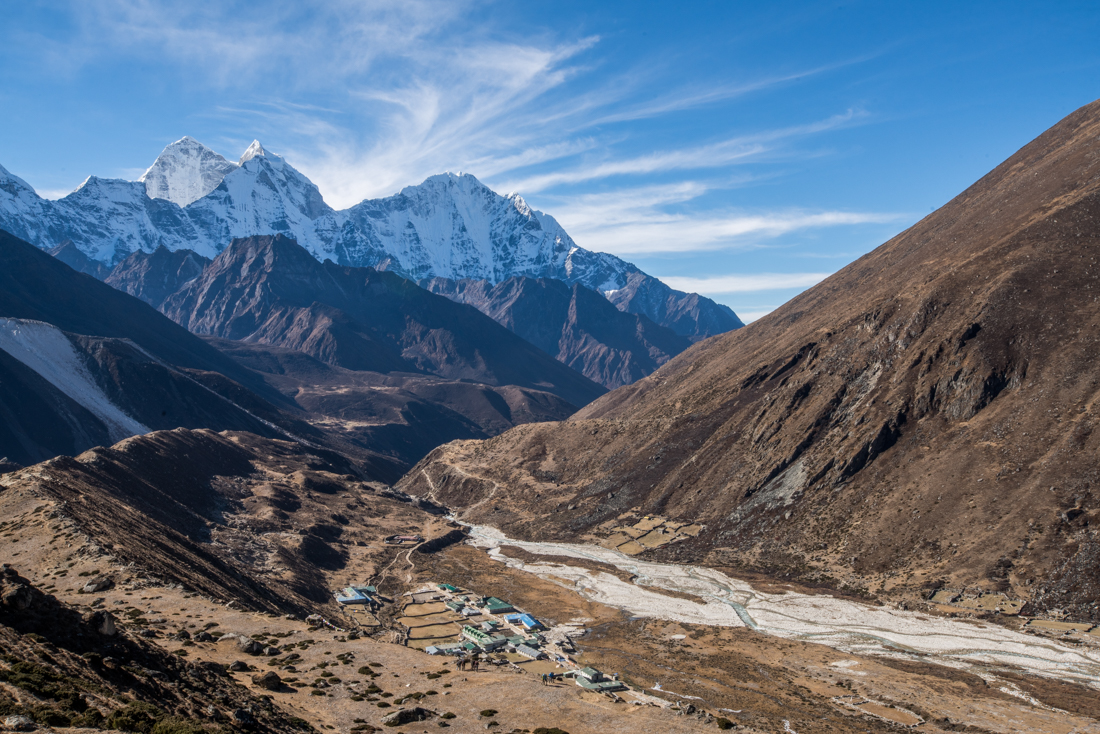
For novices, it is better to start with short and easy to moderate treks. This way you can fully enjoy your first wonderful journey to the Himalayas. Some popular treks in Nepal for a beginner are Poon Hill Trek, Ghandruk Trek, Annapurna Base Camp Trek, Royal Trek, Chisapani Trek, and The Panchase Trek. These are the short grade of treks with moderate altitude for beginners. After exploring them, the novice can even opt for high altitude treks like Everest Base Camp trek, Annapurna Circuit, etc.
Whichever trek you plan for, along with the physical preparation you need to prepare yourself mentally. This boosts you in any situation during the trek.
Best Time for Trekking in Nepal
Trekking is an all-season activity in Nepal. Nepal homes different trekking trails which have their specific beauty in different weather and temperatures. So, you can go trekking in Nepal all year round.
The most preferred season for trekking in Nepal is spring (March, April, May) and autumn (September, October, November). If you trek in Nepal in November and December, you will be able to see and enjoy Nepal’s popular festivals like Dashain, Tihar, and Chhath. Similarly, if you trek in March, you can experience another major festival, Holi.
These months have the most bearable temperatures with stable weather conditions. This makes trekking in the Himalayas comfortable whilst soothing your soul with the crisp surrounding views.
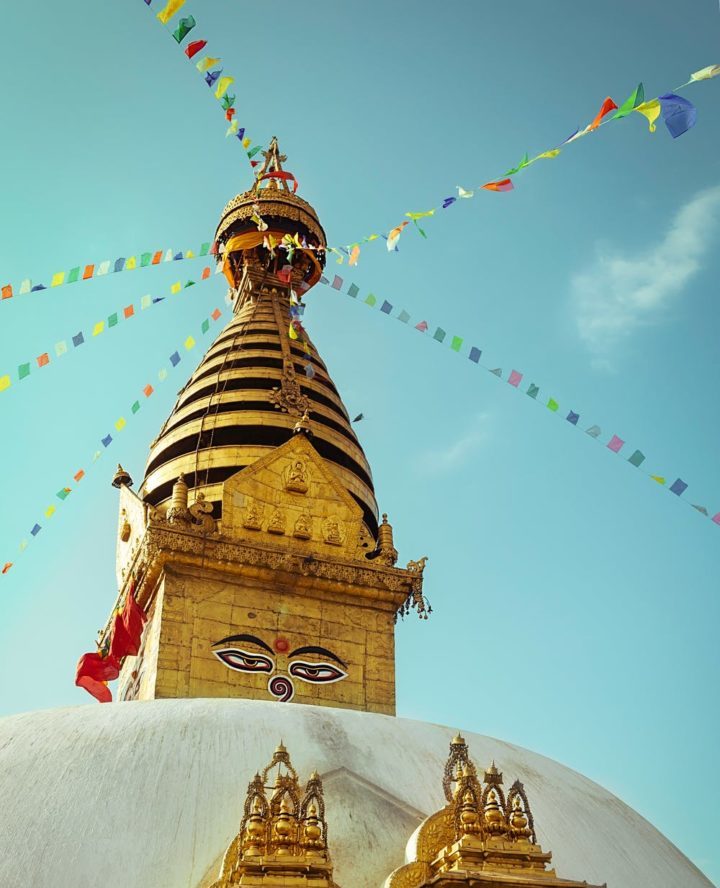
Except for these months, there are some trekking destinations where you can even trek in the Monsoon/ summer season. This is possible for the treks to the Trans- Himalayan region like Dolpo, Upper Mustang, and so on.
Despite the trekking seasons, some trekkers fear trekking in Nepal after the Gorkha earthquake 2015. But, you do not need to fear at all. All the trekking trails in Nepal are completely restored to normal and are made safe for trekking.
Whom To Trek With in Nepal?
Everybody has their own choices and preferences regarding trekking. You can either trek alone or hire a guide/porter or trek with a group associated with a trekking company. For a novice, it might be confusing to choose the appropriate way to trek in Nepal.
There are three ways for you to trek in Nepal. You can choose to trek with any of these options and have a memorable trek.
Trekking Alone
In Nepal, unlike mountaineering, solo trekking is completely safe and fine. Depending on your preference, you can plan to trek alone. However, in some restricted region, you cannot trek alone. So, if you want to trek solo you can rather quit the idea of trekking in the restricted area like Manaslu circuit, Kanchenjunga region, and the like.
With a Porter or Guide, or Both
Hiring a porter or guide will be the best idea for a beginner to trek in Nepal. A porter will ease your trek by carrying your loaded backpack.
Whereas, a guide, with his expertise, will accompany you and ensure your safety in every way. But, before you hire one, you must make sure your guide has certified license along with good trekking experience and first-aid training.
With a trekking company
Well, this is the easiest way for the novice trekkers where the trekking agency will take care of everything. All you have to do is choose a good and reliable company. If you are not confident about walking alone, this is the safest way for you. They will book your every requirement like food, accommodation, guides, and porters. You also get the option of luxury treks and helicopter drops here.
Visa Requirement and Permits for Trekking in Nepal
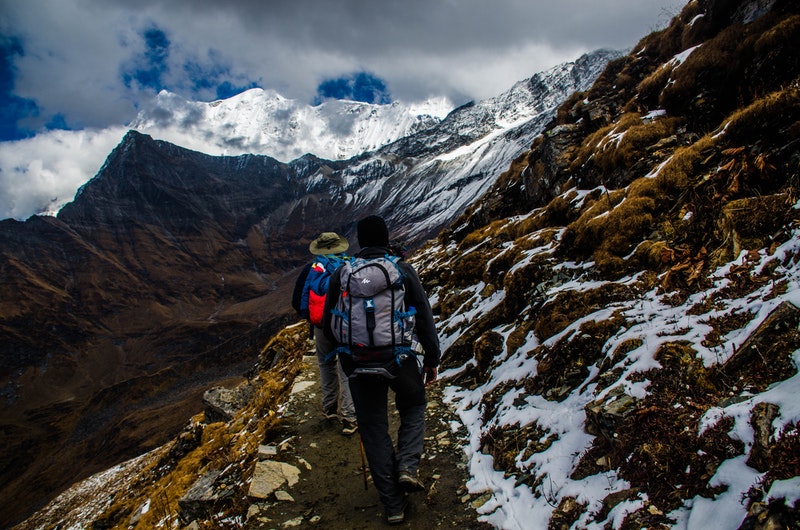 Before you head, you have to check your passport, its validity, and the necessary permits for your trek. You can obtain a tourist visa on arrival at the airport. Or, you can apply for an online visa.
Before you head, you have to check your passport, its validity, and the necessary permits for your trek. You can obtain a tourist visa on arrival at the airport. Or, you can apply for an online visa.
Regarding the trekking permits, it depends on the type of your trekking destination. Types of trekking permits in Nepal includes
- Special Trekking Permits for Restricted Areas
- Trekkers Information Management System (TIMS Card)
- Conservation Area/National Park Entrance Fee
Depending on the trekking region, the permit and its cost vary.
Along with visa and permit, don’t forget to carry other necessary documents like copies of your travel insurance and passport sized photos while trekking in Nepal.
What to Pack for Trekking in Nepal?
Every trek would be incomplete without proper trekking materials. You should pack all the essentials carefully. But, you must be careful not to over-pack with least useful accessories. Unnecessary things will only increase your load and make you uncomfortable.
For making your journey the best, you can consider packing the following essentials:
- A good duffel backpack
- Waterproof and sturdy trekking boots (properly broken-in)
- Down or artificial Down Jacket (with good down-fill)
- Lightweight and breathable thermals
- Sunblock with good SPF
- UV protected Sunglasses
- Water bottles
- Water purification tablets or purifier like Steripen
- Medical Equipment (Proper first-aid kit with proper common medications)
- Hand Sanitizer
- Wet and dry tissues
- Torches
- Phone and Camera chargers (solar)
- Extra Batteries
- Thermal underwears
Along with these, also carry enough cash with you. There may be unforeseen expenses that may come up. Do note that, in many trekking regions, the facility of ATM is not available.
Understand The Basics of Altitude
Trekking to higher altitudes i.e 2500m and above often pose several risks. One of them is AMS (Acute Mountain Sickness). Due to ignorance towards altitude, the AMS is causing multiple deaths every year. Thus, the basic knowledge of altitude and AMS could really be life-saving.
While ascending to the varying altitudes your body may show several unusual signs. You may feel nausea, vomiting, severe headache, lack of appetite, etc. In such situations, you should immediately descend down and take rest until your body shows positive signs. During an emergency, you can also take medication like Diamox pills or Acetazolamide.
The basic way to prevent altitude-related sickness is by walking at your own pace and spending proper acclimatization days. You need to stick to your itinerary and take proper care of your body and drink plenty of water each day. This is an aid against normal headaches and altitude sickness.
Trekking Tips For Beginner
- Eat right, drink right, and sleep right. Boost yourself with the local carb-rich “Dal Bhat”. Also, carry other supplements like energy bars, chocolates, and dry fruits.
- Though you may have the option of several non-veg items, it is better to be vegetarian along the trek.
- And as you trek all day, it is necessary to get proper sleep and relax your body. Thus, sleep for at least 8 hours.
- While on the trek don’t wander off too far leaving your guide or porter.
- Remember to be updated with weather forecasts and carry sufficient communication tools.
- Being a beginner, do your piece of research well. Try to get as much knowledge as you can about Nepal regarding geography, culture, and traditions.
- If you are trekking solo to the off-the-beaten-paths then you must take special attention to your belongings like camera, mobile phones, and the backpack itself.
At last,
A great journey begins with a single step so, don’t hesitate to initiate your first one. Research properly about the trek, prepare well and get lost into the magnificence of the Himalayas.
Nepal has many adventures and novel experiences on your offer. Come ready to delve into the land of adventures!
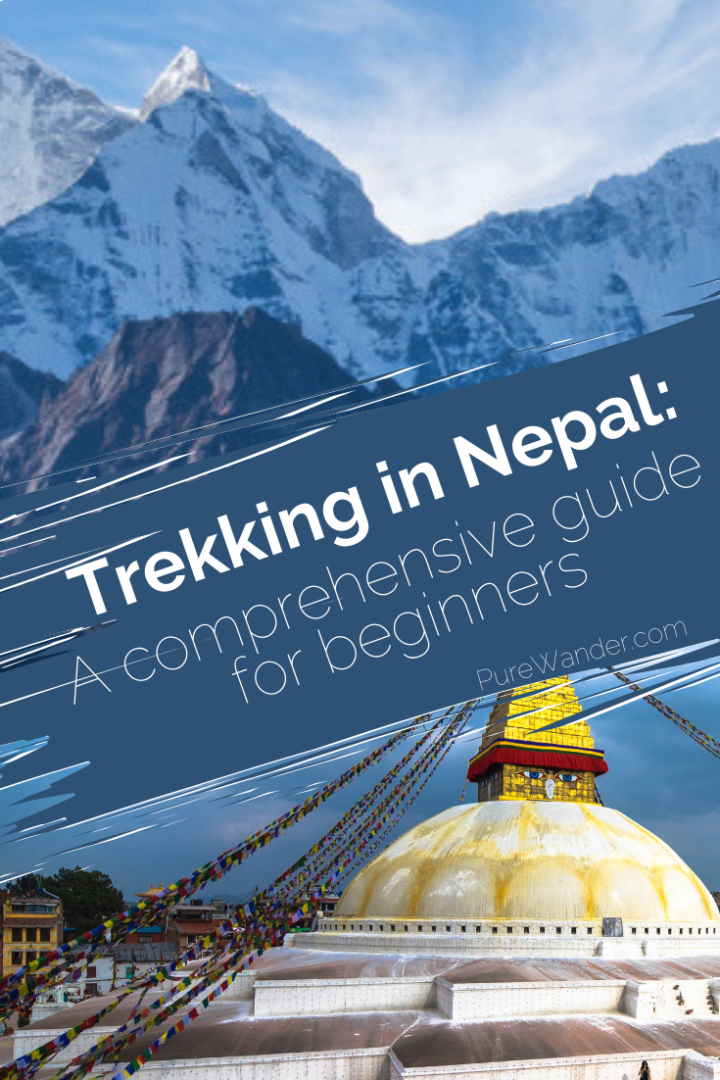
Madhav Prasad is a travel writer based in Nepal. Passionate about travelling, he has been to several places. His distinctive art of presenting his travel stories is awe-inspiring.
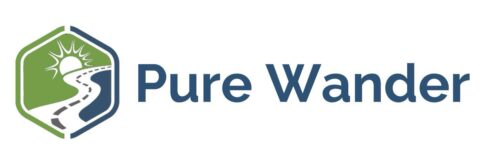
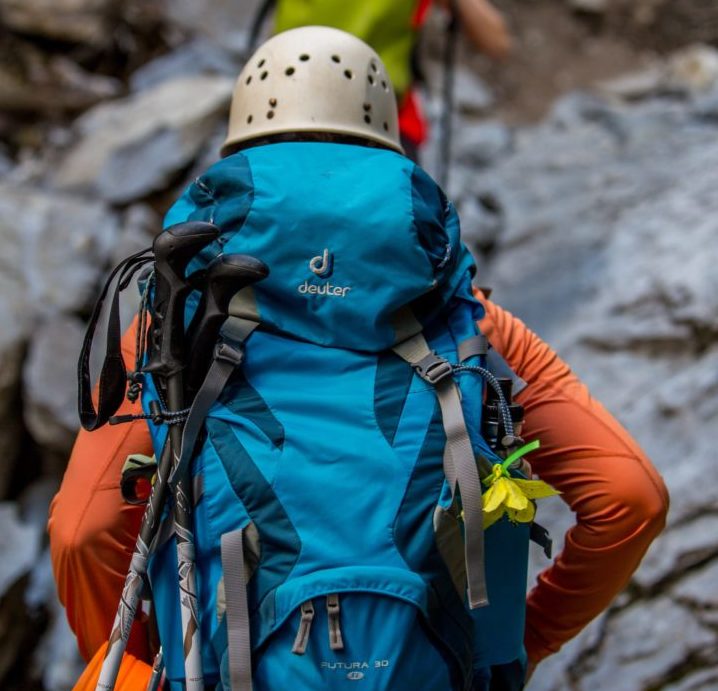
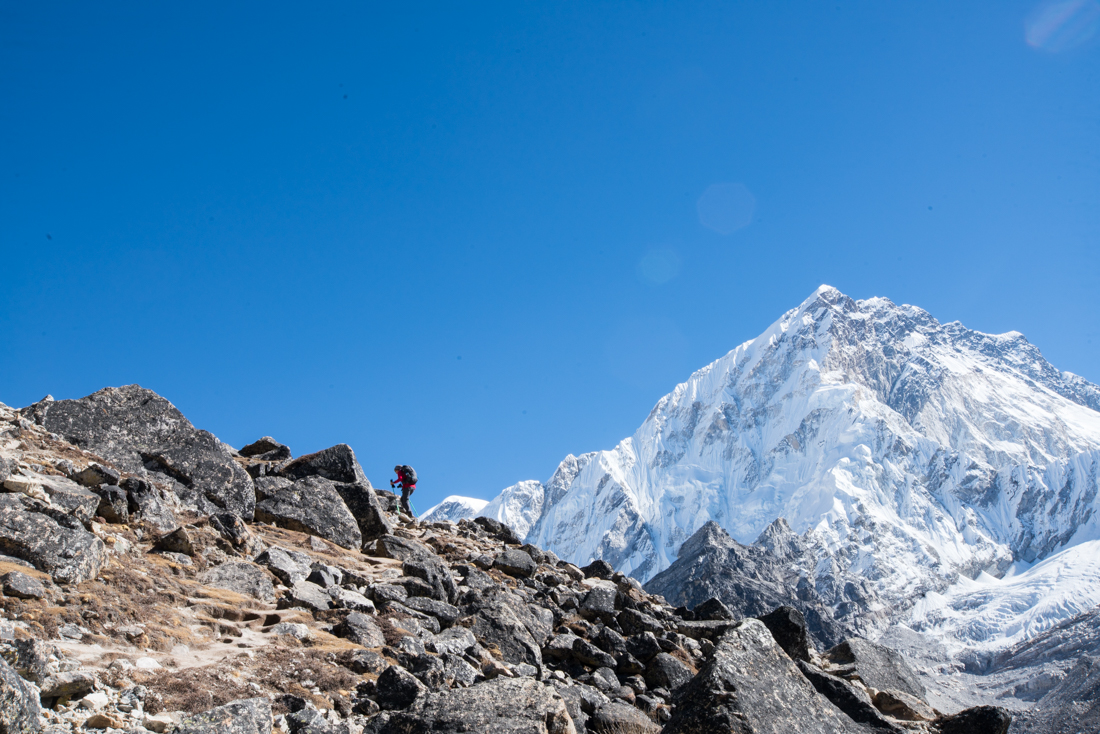
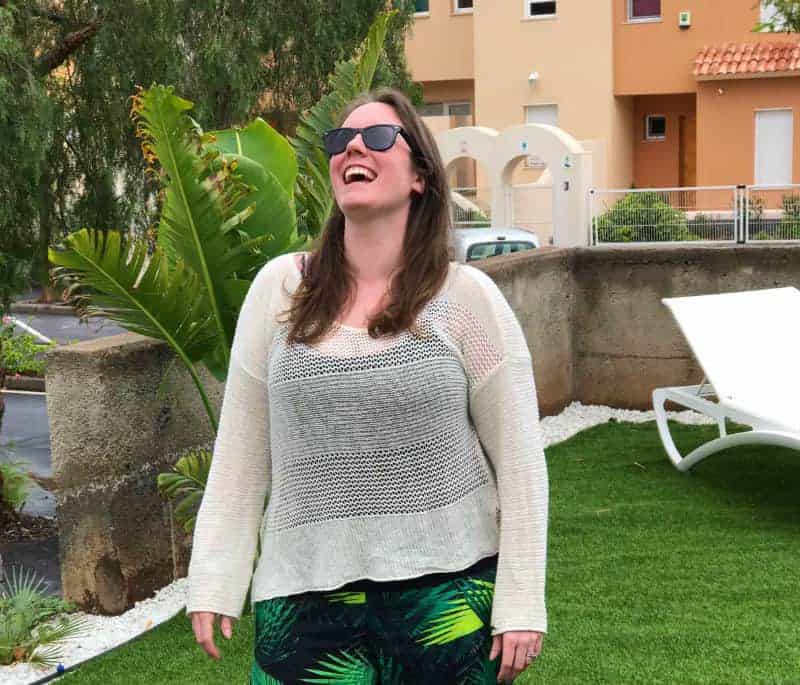
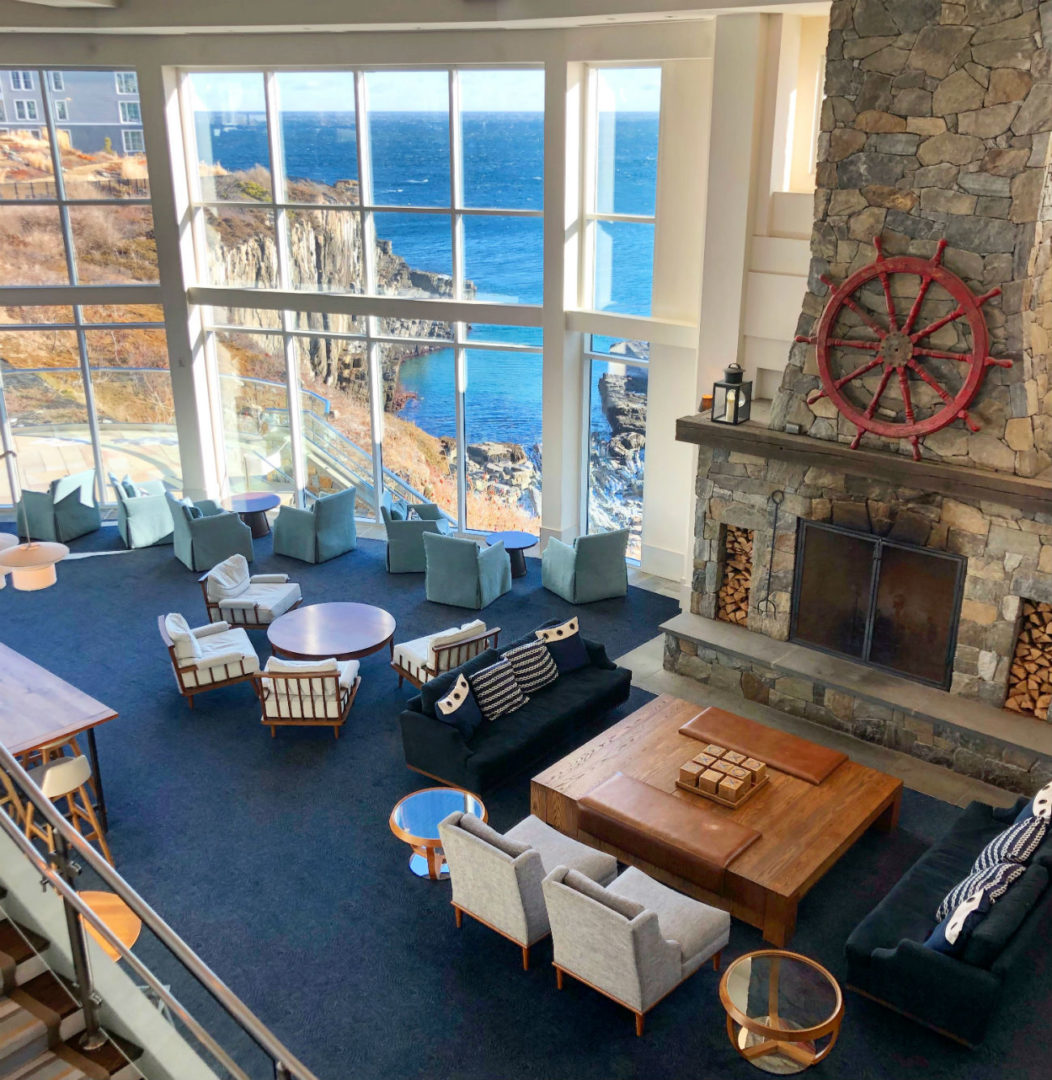
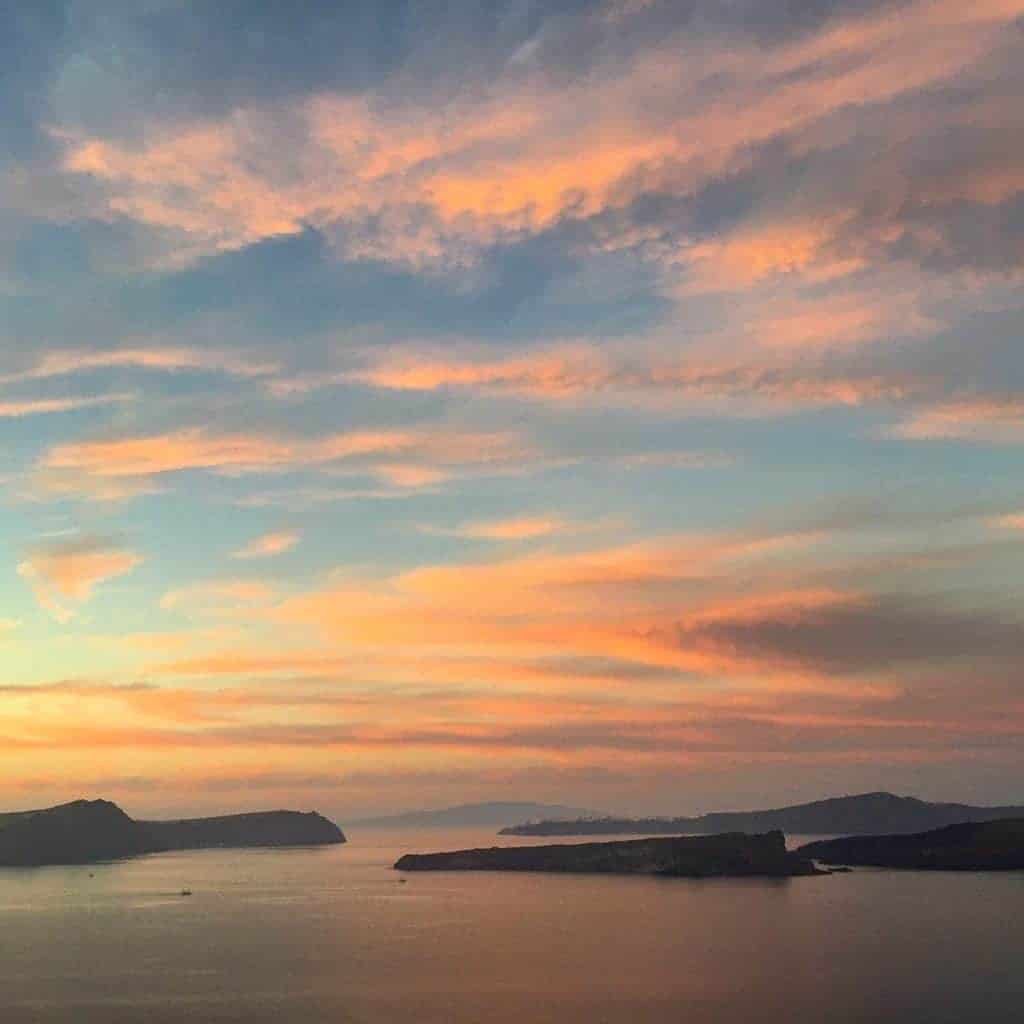

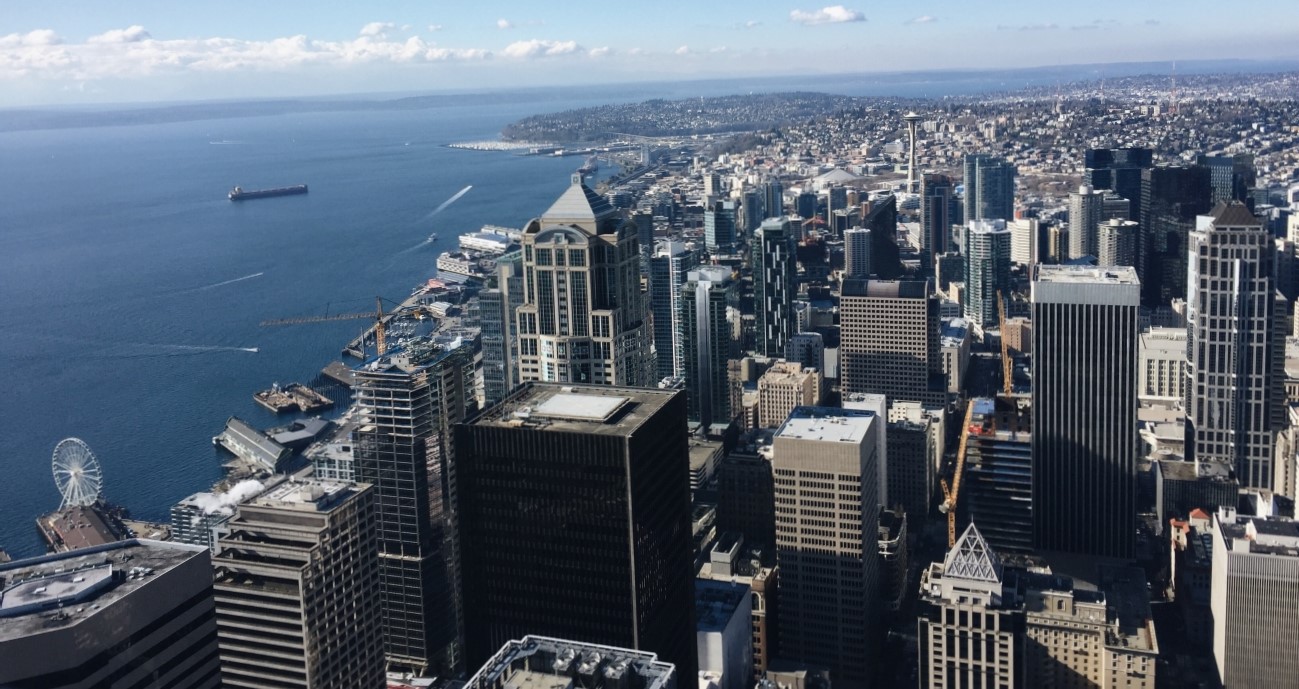

 Profesh traveling hot mess for 20 yrs
Profesh traveling hot mess for 20 yrs  Travel tips with fam & friends
Travel tips with fam & friends

 Travel guides
Travel guides 






 There’s always
There’s always


 SAVE THIS POST for your next Montana adventur
SAVE THIS POST for your next Montana adventur
 SAVE this post for the next time you go int
SAVE this post for the next time you go int

 SAVE For your next Newport, Rhode Island tr
SAVE For your next Newport, Rhode Island tr

 SEND this to someone who needs a WINK WINK NU
SEND this to someone who needs a WINK WINK NU





Join the discussion One Comment